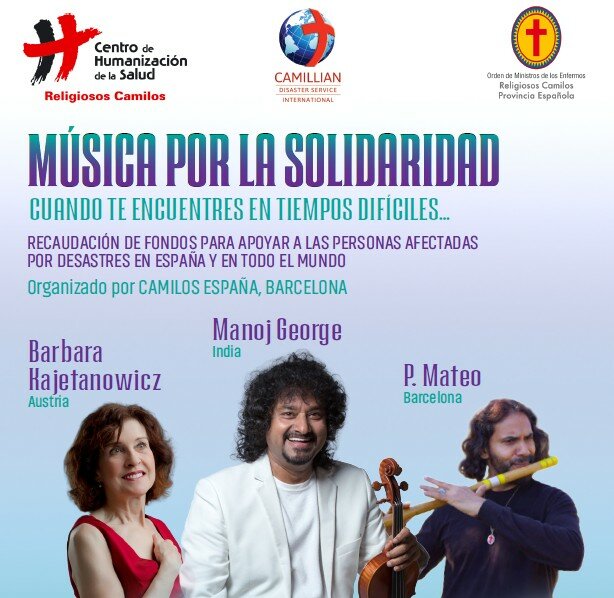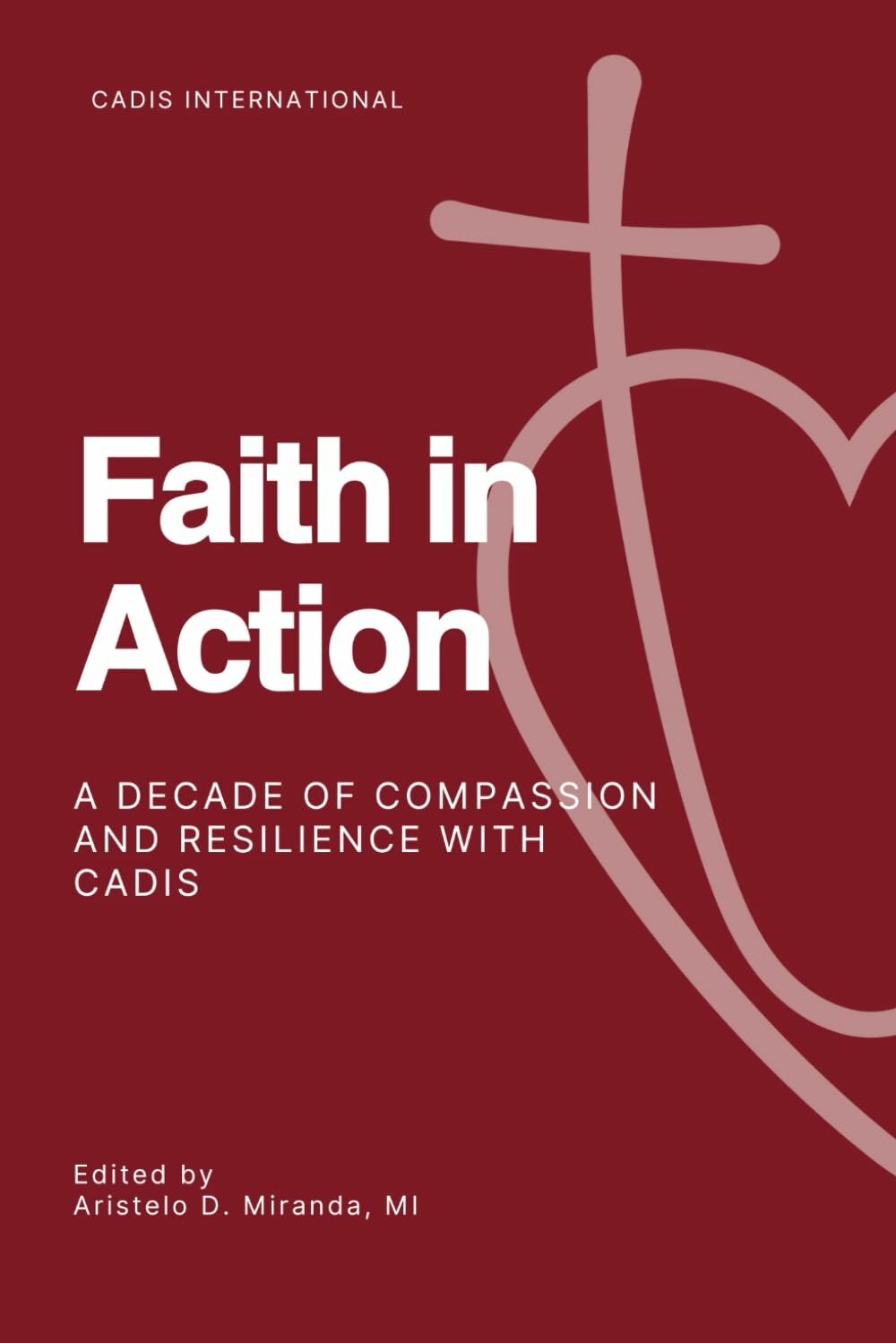Martedì 3 Marzo 2026 alle 13:30 ci incontreremo online per scoprire gli interventi più significativi dei primi dieci anni di CADIS attraverso la voce degli autori stessi che hanno vissuto sul campo le esperienze umanitarie raccolte.
Per dieci anni, Camillian Disaster Service International (CADIS) ha camminato sulle frontiere della sofferenza umana — nei luoghi colpiti dai disastri, dove le vite vengono sconvolte e dove la speranza fatica a sopravvivere.
Fede in Azione: Un Decennio di Compassione e Resilienza con CADIS, raccoglie le riflessioni e le testimonianze dei membri e dei partner di CADIS che hanno operato in alcuni dei contesti umanitari più difficili del nostro tempo — dai terremoti del Nepal ai tifoni delle Filippine, dalla crisi dell’Ebola in Sierra Leone alla pandemia in India, dalle inondazioni in Kenya e Tanzania alla crisi dei rifugiati in Polonia. Attraverso questi otto capitoli, il lettore incontra un modello di Cura Umana Integrale che integra assistenza medica, supporto psicosociale, ripristino dei mezzi di sussistenza e accompagnamento spirituale.
Il libro è disponibile in lingua inglese su Amazon in versione cartacea e in formato ebook. Ordina o regala una copia qui: https://amzn.eu/d/06nrgZug
Il webinar è aperto a tutti gli amici e sostenitori di CADIS e a chi ha voglia di conoscere l’attività umanitaria che svolgiamo nel mondo a sostegno delle popolazioni più vulnerabili e colpite da disastri naturali e di altro tipo.
Radicato nei valori della compassione, dell’impegno, della competenza e della comunità, questo libro celebra non solo un decennio di servizio umanitario, ma anche un cammino spirituale — un percorso che trasforma la carità in empowerment e la risposta ai disastri in resilienza duratura.
Fede in Azione: Un Decennio di Compassione e Resilienza con CADIS si presenta come testimonianza e invito: a vedere l’opera umanitaria non solo come aiuto, ma come accompagnamento; non solo come soccorso, ma come ricostruzione della dignità, della fede e della speranza.
Partecipa, condividi e sostieni la Fondazione CADIS International. Il tuo supporto è un aiuto concreto per i nostri beneficiari nel mondo.
PARTECIPA AL WEBINAR SU ZOOM:
Argomento: CADIS presents "Faith in Action"
Ora: 3 mar 2026 13:15 Amsterdam, Berlino, Roma, Stoccolma, Vienna
Entra nella riunione in Zoom
https://us06web.zoom.us/j/84992333491?pwd=TVgqtkWPcG9EbnLMCSz9TvB3S8zzqz.1
ID riunione: 849 9233 3491
Codice d’accesso: 926870
Istruzioni per la partecipazione
.png)








.png)